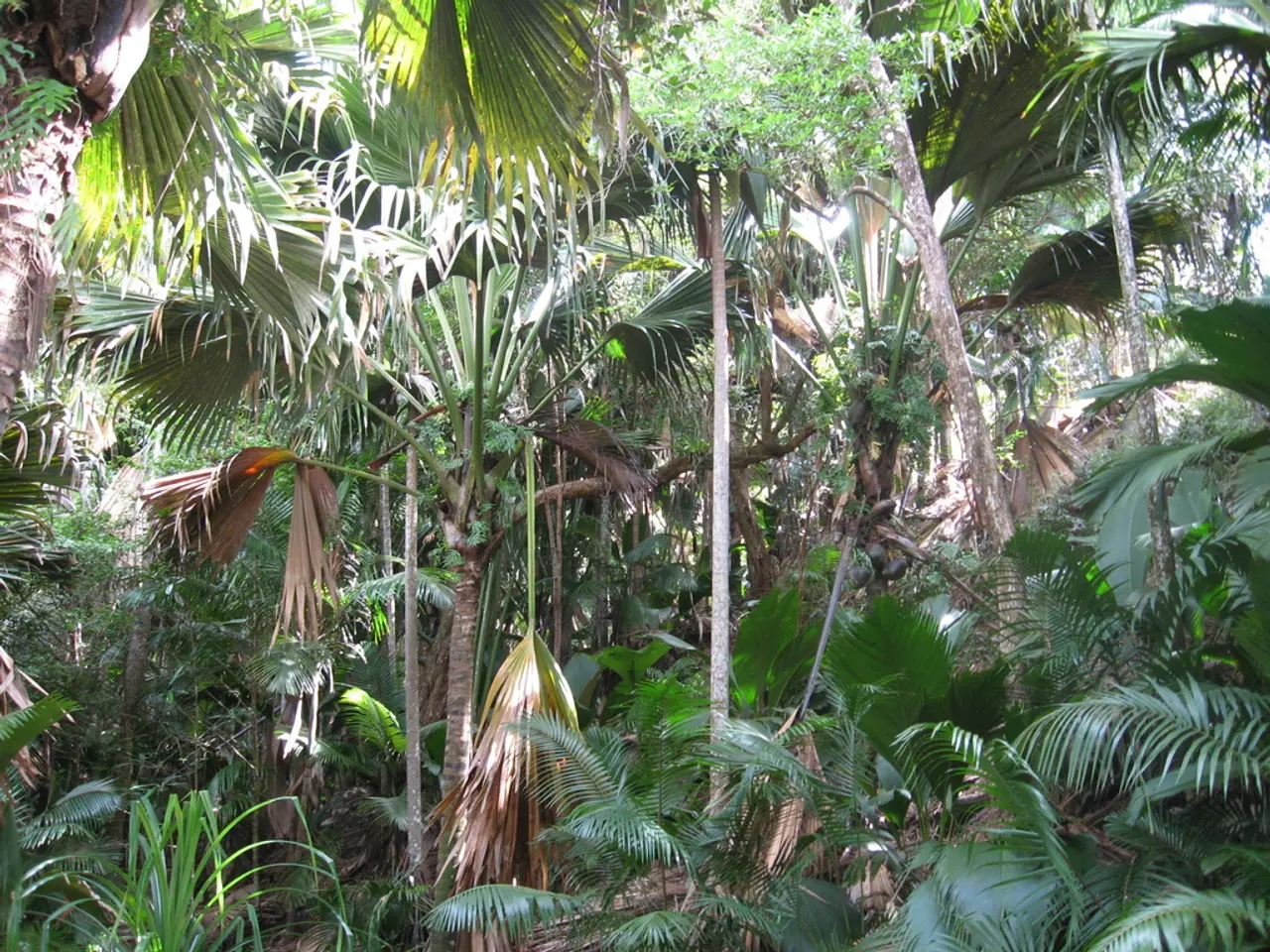Affordable for a Single Euro: Potential Privatization of Albania's Forests
In the heart of Albania, the government's proposal to privatize forests for tourism development has sparked a lively debate, particularly in the richly forested Shkodër county. This shift, led by Prime Minister Edi Rama, aims to boost tourism but could have far-reaching implications for rural communities and the environment.
Rural communities stand to gain economically from this move, with potential job creation and income sources. However, concerns persist that many locals may be left out due to a lack of capital or skills to engage in tourism enterprises. Moreover, the loss of communal access to forests could impact livelihoods, as rural communities historically rely on these resources for firewood, grazing, and non-timber products.
The social fabric of these communities could also be disrupted. Access to forests is often intertwined with local customs and cultural practices, and privatization could create inequalities if newly privatized lands are operated solely for profit.
From an environmental perspective, the risk of deforestation, habitat loss, and biodiversity decline looms large. Sustainable forest management may take a backseat to short-term economic gains, leading to increased logging and habitat fragmentation. Shkodër county, home to environmentally sensitive zones, could see increased land-use pressure, infrastructure development, and disturbance to ecosystems.
The lack of regulation enforcement is another concern. Weak oversight or corruption could lead to unsustainable exploitation, particularly under private ownership. Protected areas could face increased pressure, further threatening the region's delicate ecosystems.
In the broader European context, forest privatization necessitates a careful balance between economic development, conservation, and social rights to avoid negative impacts on both communities and forest ecosystems. For instance, Bosnia and Herzegovina have launched a large-scale project with the Food and Agriculture Organization (FAO) to bolster the resilience of forest ecosystems through afforestation, conservation, and land restoration.
As the planned luxury hotel near Puke indicates, the benefits of large-scale tourist infrastructures for local farmers and residents remain a subject of contention. The Mountain Package, an initiative encouraging investment in rural areas, faces opposition due to a distrust in the central government, particularly in the northern regions.
In conclusion, the forest privatization drive in Shkodër county could reshape rural economies, offering new opportunities but also threatening traditional forest use and social equity. Environmentally, privatization carries the risk of accelerating deforestation, habitat fragmentation, and carbon emissions if not paired with strong sustainable management policies. The need for inclusive, sustainable forest governance in Albania and similar European regions is more crucial than ever to ensure a balanced approach that benefits both communities and the environment.
- The proposal to privatize forests in Shkodër county for tourism development has also caught the attention of the financial sector, as investors see potential returns from tourism-related businesses and real estate developments.
- On the other hand, environmental scientists voice concerns about the potential long-term effects on the environment, predicting increased deforestation, habitat loss, and biodiversity decline from unregulated forest management.
- Political analysts argue that the proposed forest privatization could further exacerbate inequalities between rural and urban populations, as industry giants might be favored over local communities due to their financial capabilities.
- The general news media is closely monitoring the situation, reporting on controversial decisions made by the government and potential conflicts of interest within the industry involving influential figures in business and politics.
- Meanwhile, crime-and-justice experts are keeping an eye on the possible mismanagement and exploitation of forests, as weak regulation enforcement could lead to corruption and illegal logging activities, endangering both the environment and local communities.




